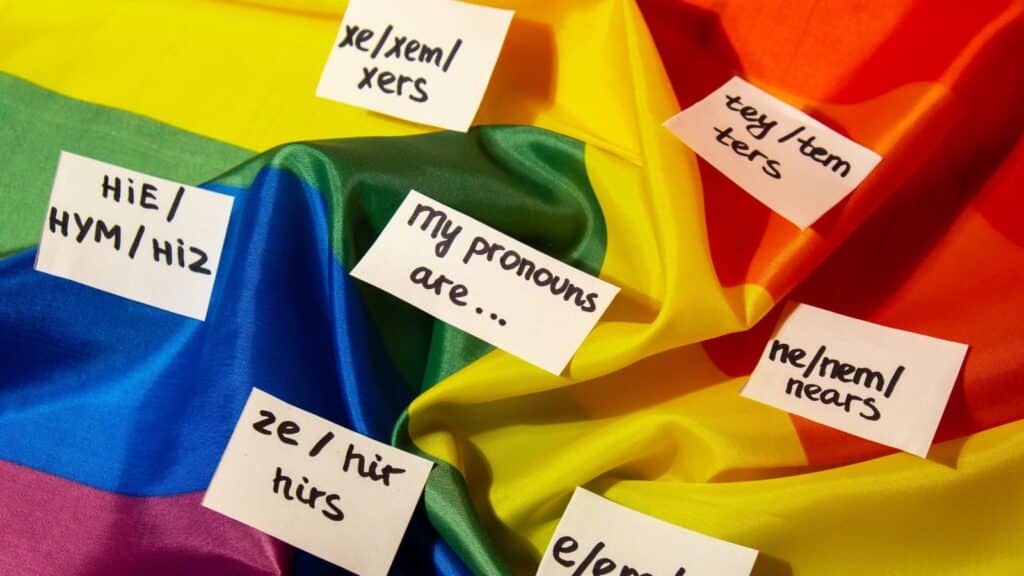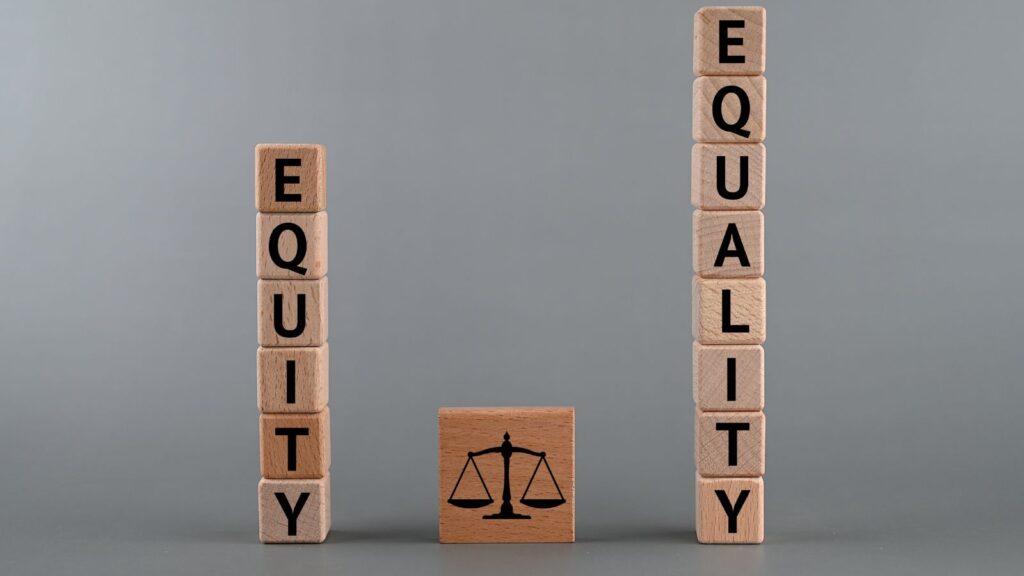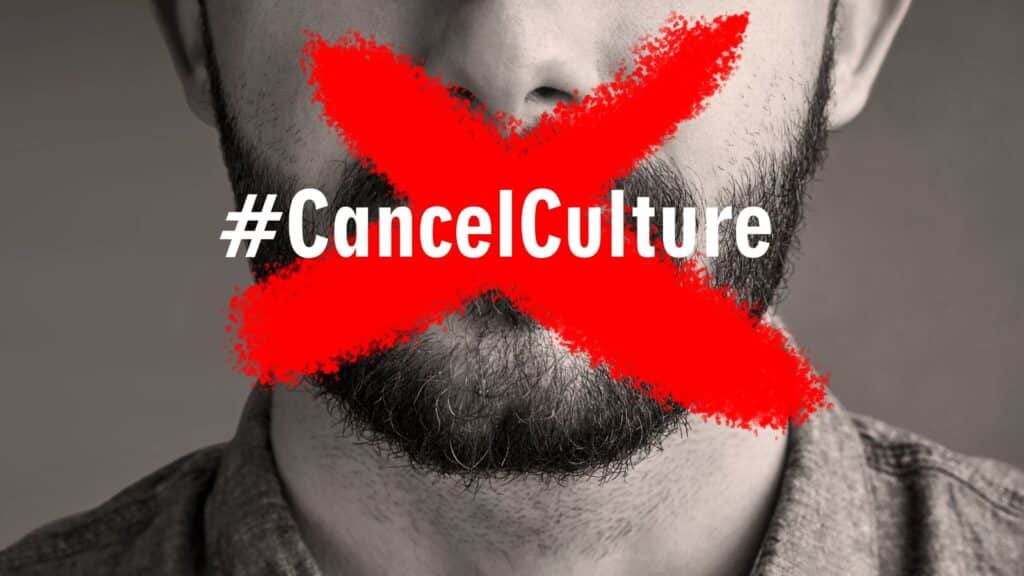Boomers’ definition of what counts as “woke” can cover a lot of ground. Many people of that generation take a pretty dim view of the topics they think are too woke for their own good. Here are 22 woke areas that boomers can’t stand.
Veganism and Plant-Based Diets

Veganism, vegetarianism, and a bunch of other ethics-based diets are increasingly popular amongst younger generations. Boomers, on the other hand, often have limited patience for the new tastes of their children and grandchildren. This could be due to a vastly different cultural upbringing which stressed the importance of meat as part of a healthy diet.
Political Correctness

The problem Boomers often have with political correctness is a concern about how it affects free speech, feeling it suppresses open dialogue. It’s sometimes characterized by Boomers as excessive sensitivity, which limits honest expression, leading to resistance against what they view as unnecessary censorship.
Eco-Friendliness

Eco-friendly practices can attract skepticism from Boomers and sometimes lead to expressions of doubt about climate change itself. But it also can annoy Boomers due to a resistance to change and the perceived inconvenience of being environmentally friendly.
Social Activism on Social Media

Although many Boomers are very vocal online about the issues that are important to them, social activism on social media from others can draw skepticism. Instead, Boomers might vouch for traditional activism methods, and see online activism as superficial or ineffective, a phenomenon known as “slacktivism.”
Gender Identity

One of the most politically sensitive issues that causes a generational split, gender identity issues struggle to find acceptance among Boomers due to traditional beliefs about gender roles, discomfort with change, and lack of exposure to diverse perspectives.
Cultural Appropriation

Coming from a different era, Boomers can view cultural appropriation as a non-issue. Instead of feeling concerned about its harmful effects, Boomers might feel that fighting cultural appropriation restricts artistic expression and may view cultural borrowing as harmless.
Feminist Advocacy

The Boomer generation grew up with two familiar and very clearly defined gender roles. Feminist advocacy pushing to change or criticize those roles can lead to Boomers feeling threatened by challenges to the status quo.
Body Positivity

Like gender roles, traditional beauty standards have been instilled in the minds of Boomers for decades. They may associate any notion of body positivity for people who don’t conform to those standards as being motivated by resentment or jealousy.
LGBTQ+ Rights Advocacy

Traditional beliefs about sexuality and gender have, at times, led to a complicated relationship between Boomers and advocates for LGBTQ+ rights. What makes this relationship even more complicated is the historical impact the Boomer generation made in support of, in particular, the gay community. While Boomers might not see themselves as opposed to rights for people marginalized because of their sexual identity, recent cultural changes have left some Boomers behind.
Cultural Sensitivity Training

The idea behind cultural sensitivity training is to help employees recognize and acknowledge their own personal biases. But due to discomfort with acknowledging privilege and systemic inequalities, Boomers may perceive it as unnecessary or divisive or even a dangerous attempt by “woke companies” to “brainwash” employees.
Youth-Led Climate Strikes

Maybe it’s the job of every generation to tell those who come after them that they don’t know what they’re talking about. Boomers may resist youth-led climate strikes due to skepticism about the issues young people care about or the belief that they don’t know how to get anything done.
Ethical Consumerism

One problem that Boomers sometimes have with ethical shopping is having to pay extra for a good or service, as they might prefer to prioritize affordability and convenience over ethical concerns. They might argue that if a product is too expensive, it will fail in its goal of driving consumers away from less ethical businesses.
Defunding the Police

The history of the idea of “defunding” the police is closely intertwined with the childhood of many Boomers. The movement first emerged among the Black Panthers in the 60s and 70s but gained traction in 2020 after the murder of George Floyd. Memories of the earlier incarnation of the movement might lead Boomers to associate it with radical politics and raise concerns about public safety and law enforcement effectiveness.
Cultural Diversity Celebrations

Boomers may be reluctant to indulge in cultural diversity celebrations due to discomfort with unfamiliar cultures or fear of diluting their own traditions. It could be seen as a threat to people’s own cultural identity, or else they might just see it as an unnecessary display of ”wokeness” or “virtue signaling.”
Safe Spaces

One good way to induce plenty of eye-rolling among Boomer relatives is to bring up the concept of safe spaces. Boomers often associate the desire for or willingness to offer safe spaces with a fragility or weakness of character and instead prefer the approach of “facing your fears.”
Intersectional Feminism

Boomers may resist intersectional feminism because of a general discomfort in the face of identity politics. It can also be hard for anyone to acknowledge that systemic equalities might imply that some people have it easier than others.
Microaggressions

Like safe spaces, the term “microaggressions” can drive Boomers crazy and provoke them into thinking that younger generations are too sensitive and lack the toughness of those who came before them.
White Privilege

As previously mentioned, no one likes to be told that they’ve been lucky in life. Boomers who can rightly state that they’ve faced plenty of difficulties in their own lives can feel like the idea of white privilege undermines any success they might have worked hard to attain. But while their feelings are legitimate, this shows a failure to grasp the impact of historical and ongoing inequalities on marginalized communities.
Mental Health Advocacy

Mental health was treated very differently during the formative years of the Boomer generation. In those days, there was a much more open stigma surrounding mental illness and generational attitudes towards seeking help. In more recent years, a more compassionate and honest approach has emerged towards people reconciling their own struggles with mental health, which Boomers may perceive as weakness or attention-seeking behavior.
Sexual Consent Education

Boomers may view education on consent as unnecessary, inappropriate, or just plain rude, due to traditional ideas about discussing sex openly. However, this can lead to the importance of teaching informed consent to young people being overlooked.
Cancel Culture

One of the most polarizing discussions in current cultural discourse is whether or not cancel culture even really exists. Many boomers believe it does and resist de-platforming and cancel culture due to concerns about free speech and perceived intolerance.
Global Solidarity Movements

In a world so much more connected than the one they grew up in, Boomers can be skeptical about the effectiveness of movements on a global scale, instead viewing national interest as the most important and the areas that can be affected by political change. Where younger generations see idealism, Boomers might see impracticality, and view any celebration of global solidarity as embodying the worst characteristics of a smug, naive, “woke” new world.
19 Grim Realities of Dating After 50 That Are Often Overlooked

19 Grim Realities of Dating After 50 That Are Often Overlooked
26 Things That Will Be Extinct Because Millennials Refuse to Buy Them

26 Things That Will Be Extinct Because Millennials Refuse to Buy Them
24 Outdated Slang Terms You Absolutely Shouldn’t Be Using Anymore

24 Outdated Slang Terms You Absolutely Shouldn’t Be Using Anymore
25 Hardest Parts About Getting Older That No One Ever Talks About

25 Hardest Parts About Getting Older That No One Ever Talks About




